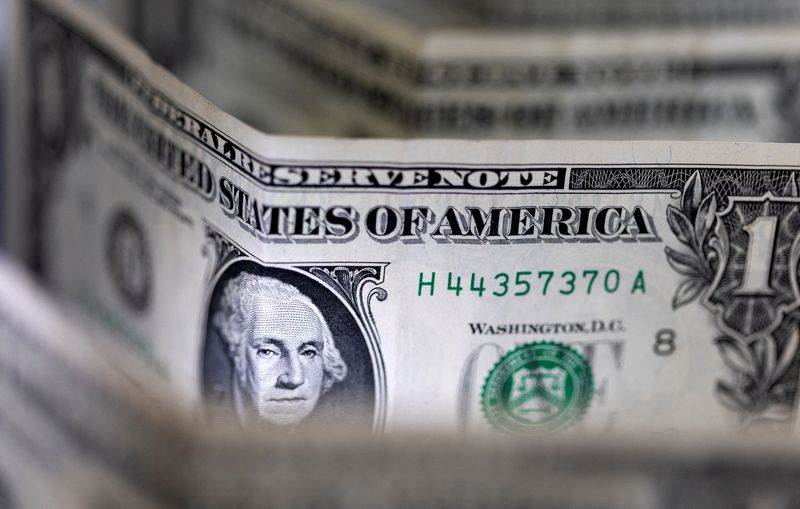
The dollar index rose to 105.1 on Tuesday, its highest level since Nov. 14, adding to Monday’s sharp gains on Monday after U.S. data unexpectedly showed the first expansion in manufacturing since September 2022.
The stronger-than-expected manufacturing PMI release prompted a sharp rise in U.S. yields, with the benchmark 10-year yield climbing all the way up to 4.40%, providing support for the dollar.
“We haven’t been too surprised by the bond market’s response, as we’ve said since mid-March that the shake-out in the bond market wasn’t over and that 10-year yields would climb back up to their February highs, around 4.35%,” said analysts at Macquarie, in a note dated April 2.
Relatively strong U.S. data would condition a data-dependent Fed to be more cautious about cutting the policy rate, and caution would be also induced by the high inflation prints in January and February and the risk of negative supply shocks.
This brings this week’s speeches by Federal Reserve officials into focus as they could be a new catalyst for dollar gains, “as they may indicate that Powell’s dovishness is not representative of the Fed’s nineteen dots, nor the FOMC median — which is more hawkish,” Macquarie said.
The bank’s analysts expected the greenback to remain firm, at least during the critical period between now and the release of the March U.S. inflation reports.
“That’s because the USD will do well against the major counterparts (EUR, GBP, CAD, AUD) when the U.S. economic data is still relatively outperforming, when inflation remains a bigger threat in the U.S. than in Europe, and when geopolitical worries are emerging again.”
To read the full article, Click Here
